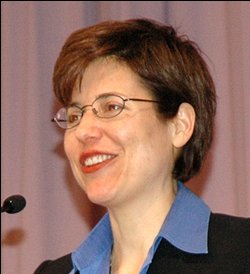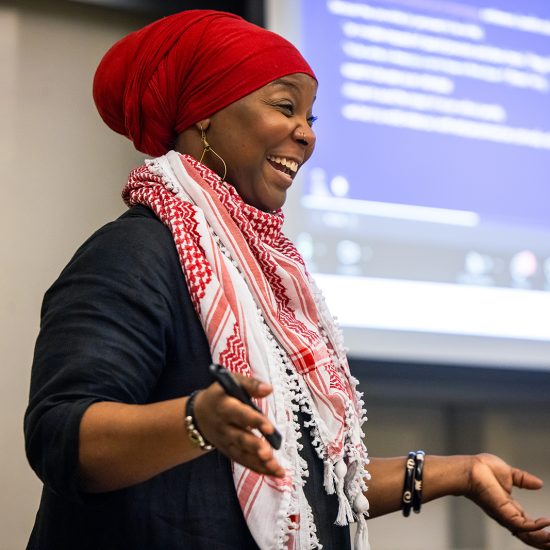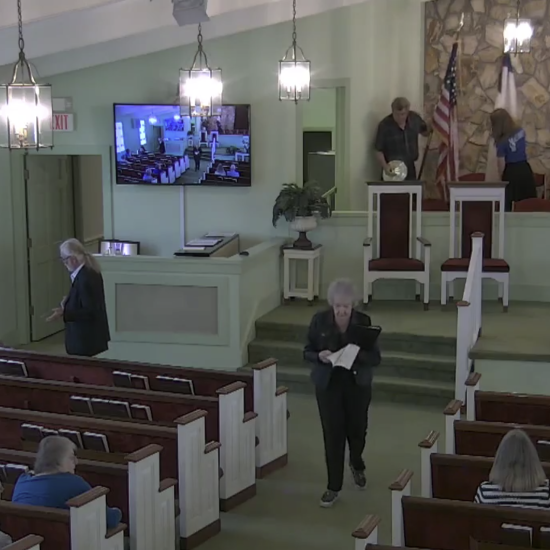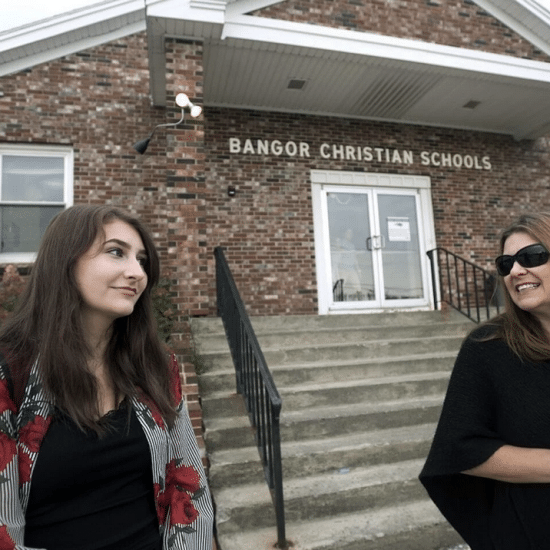GEORGETOWN, Ky. (ABP) – A Baptist church-state expert criticized arguments used by opponents of building mosques in the United States that Islam is not a religion and therefore undeserving of protection of the First Amendment.

Rogers
|
Melissa Rogers, director of the Wake Forest University School of Divinity Center for Religion and Public Affairs and a senior fellow with The Brookings Institution, discussed that in one of three presentations during the 2011 Walter B. and Kay W. Shurden Lectures on Religious Liberty and Separation of Church and State April 4-5 at Georgetown College.
Rogers, former general counsel for the Baptist Joint Committee for Religious Liberty, said Americans have a long tradition of defending each others' rights, including religious freedom.
"Time and again, people in groups of one faith have defended the rights of people in another faith group," Rogers said.
"Men and women in movements like these have reinforced the notion that we aren't American because we're the same race or because we're the same religion," Rogers said. "We're Americans because we subscribe to a set of transcendent ideas and values, including equal justice under law and religious freedom for everyone. We are Americans because we insist that all Americans are entitled to the blessings of liberty and the dignity of justice."
Rogers said rhetoric since 9/11 suggesting that all Muslims are responsible for the evil attack of "a lunatic fringe" is wrong, counterproductive and a waste of time and resources. She said Americans should rather defend Muslims' free-exercise rights.
In her Christian case for defending Muslims' free-exercise rights, Rogers pointed to the Bible, specifically stories in Genesis that reveal God created men and women in his image and with the freedom to choose, including in matters of faith.
"It is this freedom to choose that makes faith so meaningful for us," she said. "The fact that we can say no to God makes our yes to God so deeply meaningful."
She concluded that "Christians have a duty to safeguard the ability of each person to listen to and follow their conscience and to practice their faith free from coercion."
Rogers said defending the right of individuals to practice another faith is not the same as defending the truth claims of another faith, and that "defending the right to practice a different religion is not the same as giving up one's ability to criticism another religion."
In another lecture on religious expression in American public life, Rogers challenged the common fallacy "that the Supreme Court has silenced religion in this sphere."
"While we might well disagree about whether the Supreme Court came to the right conclusion in one case or another, clearly its decisions preserve a role for religion in our nation's public life," she said.
Rogers, who served as chair of President Obama's first Advisory Council on Faith-based and Neighborhood Partnerships, devoted one lecture to the history of public-private partnerships, including mention of U.S. Supreme Court precedent.
She contrasted the faith-based initiative under presidents Bush and Obama, comparing the administrations' handling of seven categories, including employment discrimination based on religion, restrictions on grant money and rights of social service beneficiaries.
The Shurden lectures are named for Walter Shurden, founder of the Center for Baptist Studies and former professor at Mercer University, and Kay Shurden, a retired psychiatry professor at Mercer’s School of Medicine.
In 2004 the couple from Macon, Ga., made a gift to the Baptist Joint Committee to establish the annual lectureship. Designed to enhance the ministry and programs of the Washington-based organization that advocates religious liberty concerns on behalf of several U.S. Baptist denominational groups, the lectures are held at Mercer University every three years and at another seminary, college or university the other years.
-30-
Jeff Huett is director of communications for the Baptist Joint Committee






